


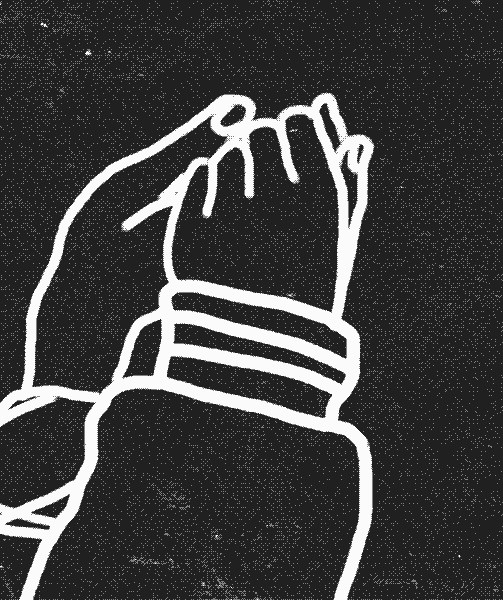



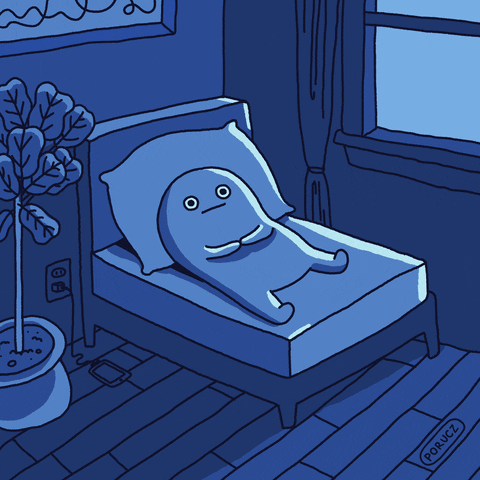

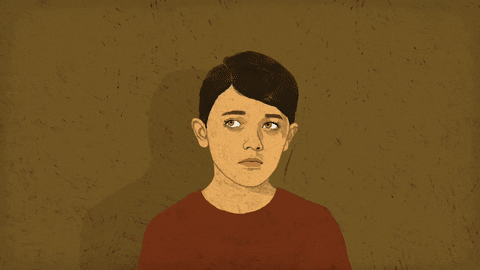


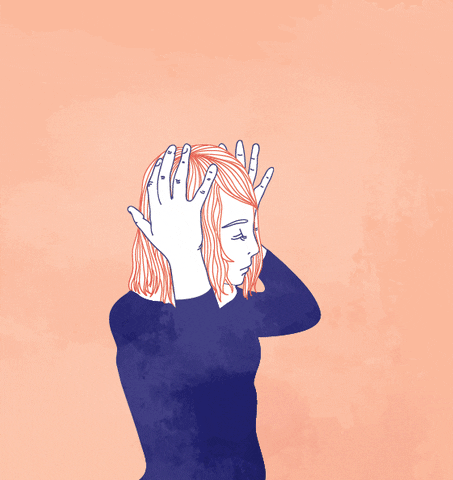


Hi everyone! Are you ready to explore your psyche in the best possible way? Today you can take the Ultimate Personality Test, which will examine your unique personality on several various scales! Be prepared to spend more time than usual, because we have prepared more than a hundred questions for you! And don’t be afraid to find out who you really are and examine yourself! Nothing can be hidden from this 105 Question Personality Style Test!
Let’s start with what personality really is and what it says about a person. There are various theories of personality in psychology, but in general, personality is regarded as a collection of information about a person. Traits that define a person and their behavior in various life situations.
It is also believed that these traits are rather constant, but under the influence of development and new experiences they can slowly change. A person’s personality is a whole, a system of knowledge and beliefs used to interpret the world. This is what personality is and this will be our basis.
So, based on this, it can be deduced that some people’s personalities may be similar and can be categorized. And this is what psychological researchers have done, creating 15 personality styles. Each of us may have a little bit of traits from each style, but usually one style predominates in us. This means that certain motives and traits influence our behavior more and can determine and predict our reactions.
It’s useful to know your predominant personality style, because it can help you understand you more. You will be more aware and know your abilities, goals and needs better. As a result, you will be able to live a more qualitative life, which is probably what we all want. Are you ready to learn about all personality styles? Read on and finally take our Personality Style Test, which will thoroughly examine each of these styles in you.
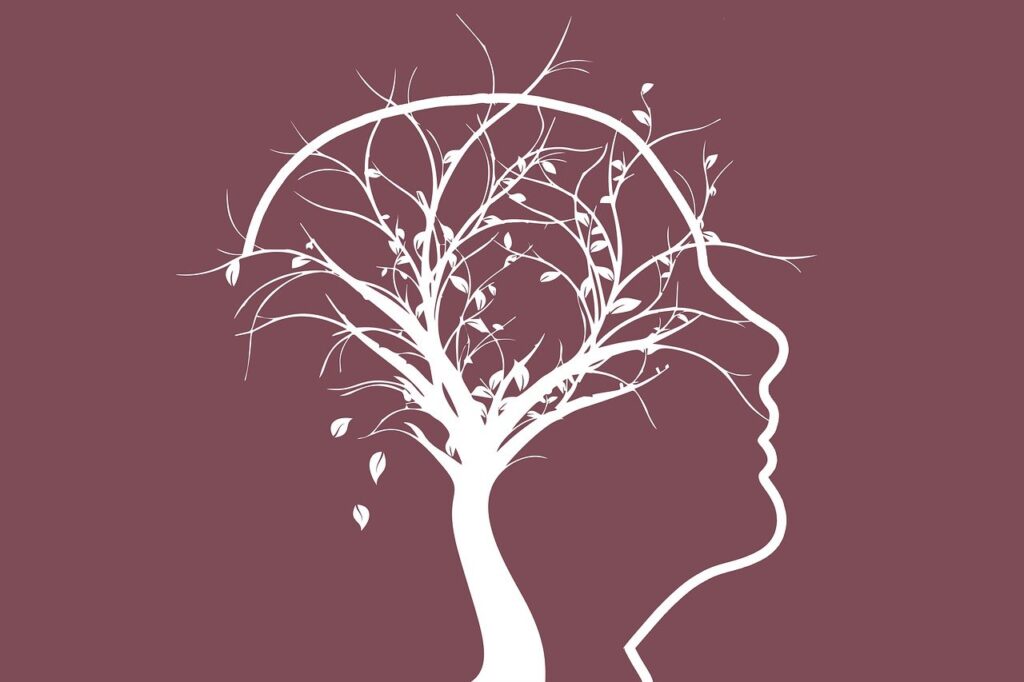
You may have encountered the term narcissist in movies and books, but do you know what it really means? People with a narcissistic personality are convinced that they are special and should always play the main roles in all life situations. Narcissistic people believe that they were created to fulfill some higher and important purpose, which is why they feel so important and extraordinary.
Because of this, they may show contempt for other people and a lack of empathy and understanding. Narcissists can be arrogant and are easily hurt because they are sensitive to criticism. Narcissists need adoration and praise, but they give nothing from themselves. They think they don’t need other people because they have themselves. Narcissists are proud, haughty, require special treatment, are often jealous and use people only to satisfy their needs.
It sounds a bit scary, but in fact each of us has something of a narcissist. As children, we looked at the world in an egocentric way, because it allowed us to survive. However, over time we should grow out of this, but some people, through trauma or improper upbringing, retain their narcissism, which can in them dominate among other personality styles.
Antisocial personality may be associated with avoiding people, but that is not what it is about. People with antisocial personality tend to ignore, disregard other people and violate other people’s boundaries. They don’t care about social and even legal norms, and as a result may exhibit criminal behavior. Such people have impaired empathy and are unable to feel guilt or regret.
They do not care about the feelings and needs of others. Their motive in these views is to survive and take care of themselves first and foremost or to prove their superiority. Antisocial people often lie, manipulate and even use aggression and physical violence. Such a personality develops as a result of a lack of security for the child and a lack of love towards the child.
When violence and addictions occur in the family, a child may develop such a personality. Such a personality is characterized by a lack of taking responsibility, high aggressiveness and dominance of the emotion of anger, problems with establishing relationships, a tendency to blame and punish others.
The histrionic personality is a very interesting phenomenon. People with this personality style want to constantly draw attention to themselves. They can be loud and behave theatrically, as if they were actors whom everyone is watching closely during a performance. It is impossible not to notice such people, because they always attract all the attention.
They express their emotions very intensely so that everyone knows about them. Such people like to talk about themselves in a colorful way, they describe themselves and their stories in such a way that others admire them, sympathize with them or feel any emotion towards them.
However, they care most about gaining sympathy, so they can be volatile and adapt easily to other people’s needs. They can often be flirty or seductive and charming, their sexuality being an important trait they express.
Expressions of sexuality can be excessive and translate into making physical attractiveness their top priority. Therefore, such people can be shallow and emotionally volatile. Such a personality can develop in people who experienced lack of interest and indifference from their parents in childhood, trying to get their attention with their behavior. But also in people who are often punished and criticized – with low self-esteem.
What is important in this personality type is how relationships work. People with this personality style are primarily dependent on others – they seek the presence, support and care of others because they don’t believe they can manage on their own. Because of their insecurity and lack of self-confidence, they feel constant tension, which they deal with in such a way that they seek support from others.
And they may do it in an excessive way, imposing themselves, being needy and clingy. They want others to make decisions for them, surrendering completely to their care. Because of this they can hide their real needs, they are submissive and unable to respect their own boundaries.
They succumb to the needs and expectations of others and try to conform. They feel alone and fear rejection and abandonment. They see themselves as incompetent and helpless. Inappropriate upbringing – either too strict and authoritarian or too protective – can contribute to this.
People with this personality style love power and hierarchy. They require others to be disciplined and conform to the rules in place. They are focused on achieving the goals they set for themselves and are very persistent and in. They cope well with stress and anxiety. They like adventure and need constant stimulation. They are often interested in sports, especially dangerous ones.
All this looks good and makes up a successful person, but in extreme cases people with this personality can exhibit very harmful behavior. They may want to show their dominance and then use various means – including violence and aggression. They tend to criticize and humiliate others.
They may take pleasure in someone else’s suffering. Because of this, they lie, intimidate others, and can be possessive. They are fascinated by drastic things full of violence and blood. This is caused by low self-esteem and traumatic childhood experiences.
People with this personality style are characterized by excessive perfectionism. Such people are highly organized and meticulous. They want to perform every part perfectly at the highest level, which is extremely tiring and exhausting for them, as it is impossible for any human being to achieve. Such people do not forgive themselves for mistakes, they are very strict and extortionate towards themselves.
They have a strong sense of control, do not like unpredictable situations, and want everything in order. They often live in fear and uncertainty. In relationships, they can seem cold and rigid, secretive, not showing feelings. They adhere very strongly to social and legal norms. They are very ambitious and may develop workaholism. These individuals are never satisfied with themselves.
They may transfer their perfectionism in a relationship to their partner, making no one meet their expectations. The personality can arise from being raised by overly strict, demanding, punishing and judgmental parents. Do you already know which style dominates at your place? Take our Personality Style Test!
Or maybe you want more psychology quizzes? Take the Abandonment Issues Test, the Attachment Style Quiz, the Biggest Fear Quiz or the Social Anxiety Test.
People with this personality style experience constant internal conflict. They want to be independent, but believe they don’t have the power and influence. They may appear sullen, capricious, argumentative, complaining, perpetually dissatisfied. They never see the fault in themselves only always blaming the environment and others. They are very rebellious, resisting doing their duties.
They feel misunderstood and unappreciated. They criticize other people and envy others. They constantly compare themselves with other people. They always put themselves in the role of a victim. They think the world is dangerous, hostile and unfair. They have trust issues. They complain and grumble about their own lives.
For such people, life is difficult because they constantly notice only the negative aspects of their lives. This can make relationships with people much more difficult. The reason for this is the changing way of upbringing – at first the parent is too protective, and over time becomes demanding and punitive.
People with this personality style avoid various experiences that cause them anxiety. Because of this, they tend to isolate themselves from society. They primarily avoid relationships with other people, thus protecting themselves from negative emotions and stress. But this exposes them to loneliness. They need closeness and acceptance but can’t fight for it. They are afraid of rejection.
They have low self-esteem and are anxious. Such people avoid all social activities and are unable to establish and maintain relationships. When interacting with people, they maintain excessive control, subjecting their every behavior to analysis.
They are unable to behave freely among people because of the tension they feel. They are prone to depressive disorders. The reason for this personality style may be the lack of acceptance, understanding and love in the family home and problems in relationships with peers.
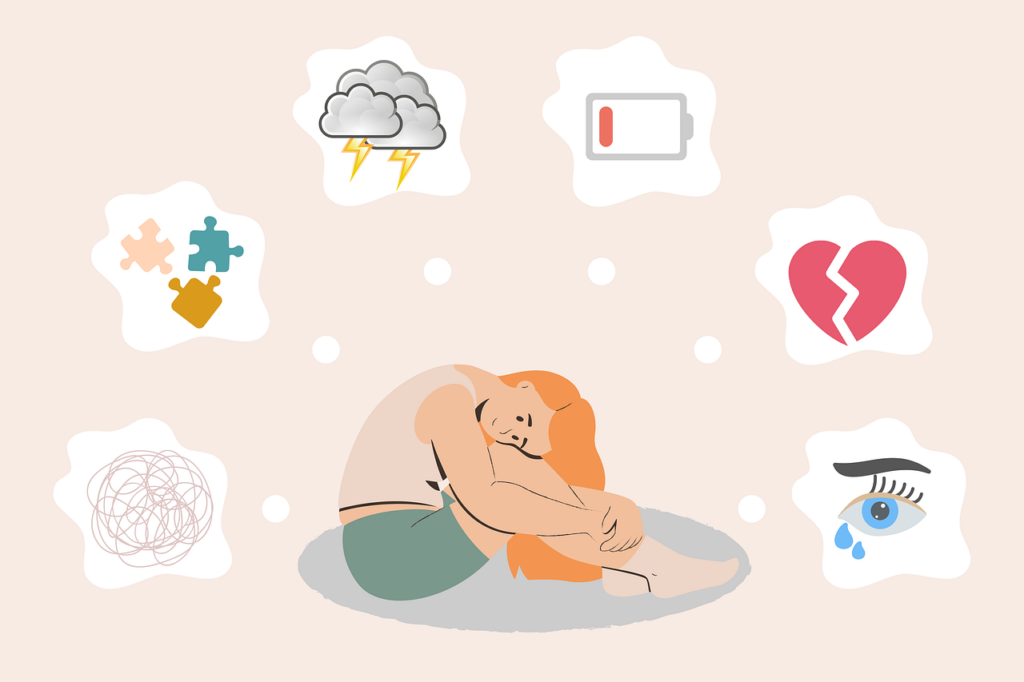
People with a specific depressive way of thinking, experiencing and behaving – they are characterized by pessimism, dysphoria and excessive criticism of themselves. Such people tend to dwell on negative perspectives on life, focus on and criticize the failures of others, blame themselves, lack faith in the possibility of positive change, and anticipate failure.
They have difficulty experiencing pleasure, are unhappy, sadness and passivity dominate. They have a negative view of the future, are introverted, experience their failures a lot. They believe that they do not deserve happiness. They are quiet, depressed and gloomy, have no energy for anything, are constantly tired. The cause may be the early loss of a loved one or lack of attention from parents.
People with this personality style are dominated by deep and unconscious feelings of guilt, anger, resentment. They see themselves as unjustly suffering, unlucky, not seeing the cause in themselves only in external circumstances. They feel worthless, guilty, worthy of rejection, and the belief that one is doomed to be mistreated, rejected, undervalued. Such people often demonstrate their suffering as something special, individual, as something through which they raise their self-esteem.
With this they raise their self-esteem as bravely enduring adversity. They idealize and romanticize their suffering and negative emotions. They may exhibit self-destructive behavior. They may enter toxic relationships and force themselves to do things they don’t want to do. They don’t accept help. They attract unfortunate accidents and failures. The cause is rewarding suffering in children – when children feel that if they show compassion and suffering they will then be more loved.
People with this personality style are characterized by mood volatility, shaky mental balance, constantly feeling the whole spectrum of emotions and feelings makes these people feel chronic fatigue. They feel a multitude of unpleasant emotions, interspersed with episodes of relative calm, depressed or depressive mood and also extraordinary agitation.
They are highly sensitive, impulsive, intense and unpredictable. They have frequent emotional outbursts. Sometimes they can’t control themselves and sabotage their relationships. They are distrustful and suspicious of others and feel fear of loneliness and abandonment. They may exhibit desey behavior and psychotic symptoms. It is likely that this personality stems from traumatic childhood experiences, such as abandonment rejection or the death of a parent.
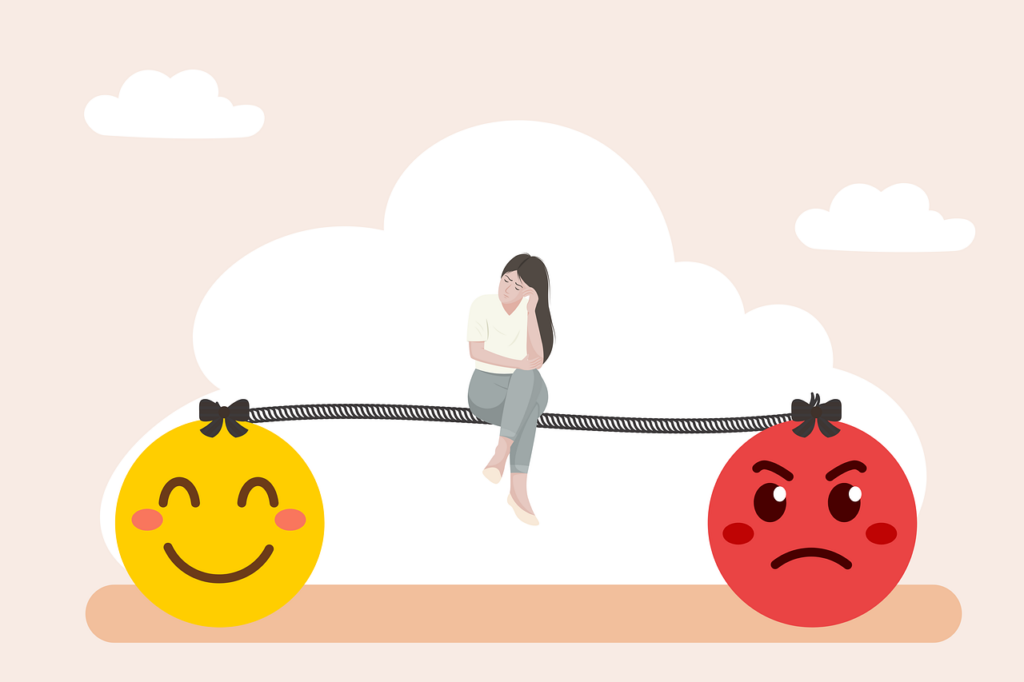
People with this personality style have a reduced level of trust in other people’s good intentions, and in aggravated cases a complete lack of it. Such people are overly sensitive to criticism, focusing on being treated unfairly. They relive and despair the wrongs done to them for a long time. They do not forgive. They are suspicious and often mistakenly confuse the intentions of others.
They consider themselves important, and focus attention excessively on themselves. They like conspiracy theories. They are afraid of failure and rejection, which is why they are so cautious. They can be unfriendly, secretive and aloof. A paranoid way of looking at the world without seeking support is associated with constant loneliness and a sense of lack of understanding from loved ones.
Childhood neglect and educational mistakes may be the cause. A paranoid person may also have a sense of alienation and estrangement from the group as a child, resulting in the development of a belief that he or she is inferior, different and undeserving of acceptance.
People with this personality style can seem emotionally cool, absorbed in their own thoughts and concerns. They appear to be unemotional, secretive and rude. Such people are real individualists not understood by others. Their opinions are original and unusual. They think in their own way and do not yield to social norms and pressures.
They have a shallow emotionality, do not think much about relationships, love and feelings. They are not interested in relationships, contact with other people and the benefits associated with it. They don’t focus on pleasure, they don’t feel the need for it. They are also not interested in sexual experiences. They are loners. They have problems expressing emotions.
They tend to daydream and fantasize. Individuals, however, may actually desire love and closeness, but have anxieties about it. Therefore, they prefer to live in a world of imagination. The reason may be overly imposing and controlling parents or a childhood without emotional warmth. Do you already know which style dominates at your place? Take our Personality Style Test!
People with this personality style are characterized by eccentric behavior and bizarre beliefs while exhibiting symptoms of social withdrawal. They are eccentrics who surprise people with unusual beliefs, behaviors, abstract associations, unusual vocabulary and insensitivity to prevailing social norms in a variety of areas. They like to think differently, dress differently and stand out.
They focus very much on originality and uniqueness. However, they do not feel at ease and safe, and often feel anxious. They do not trust other people, feel insecure around them, and limit their contacts with people. They have problems expressing emotions, although internally they are very sensitive and intense. This makes it difficult for them to sustain relationships.
They may be interested in unreal, magical things such as telepathy, supernatural powers, belief in luck and bad luck, etc. They may experience psychotic symptoms. Many people with this personality disorder experienced emotional coldness from caregivers or peers in childhood, lack of acceptance, rigor, and reacted with withdrawal, confinement to their world.
Want to learn how childhood can affect the rest of your life? Check out these quizzes – the Mommy Issues Test, the Daddy Issues Test, the Trust Issues Test or the Childhood Trauma Quiz.
People with this personality style often experience intense emotional states such as euphoria or irritability and frustration. In general, they tend to have a lot of energy and like to be in constant motion. They are very creative and can plan a lot of things, but they don’t start or finish most of them. There is a lot going on in their heads, they often experience a lot of thoughts at once, and find it hard to concentrate and control their own thoughts.
They can act impulsively, which can translate into impulsive purchases, sexual behavior, risky behavior. Individuals may be more talkative and loud, and have a hard time controlling their own behavior. In some individuals, episodes of increased energy and motivation may alternate with episodes of depression – passivity and fatigue. The causes mainly involve biological factors.
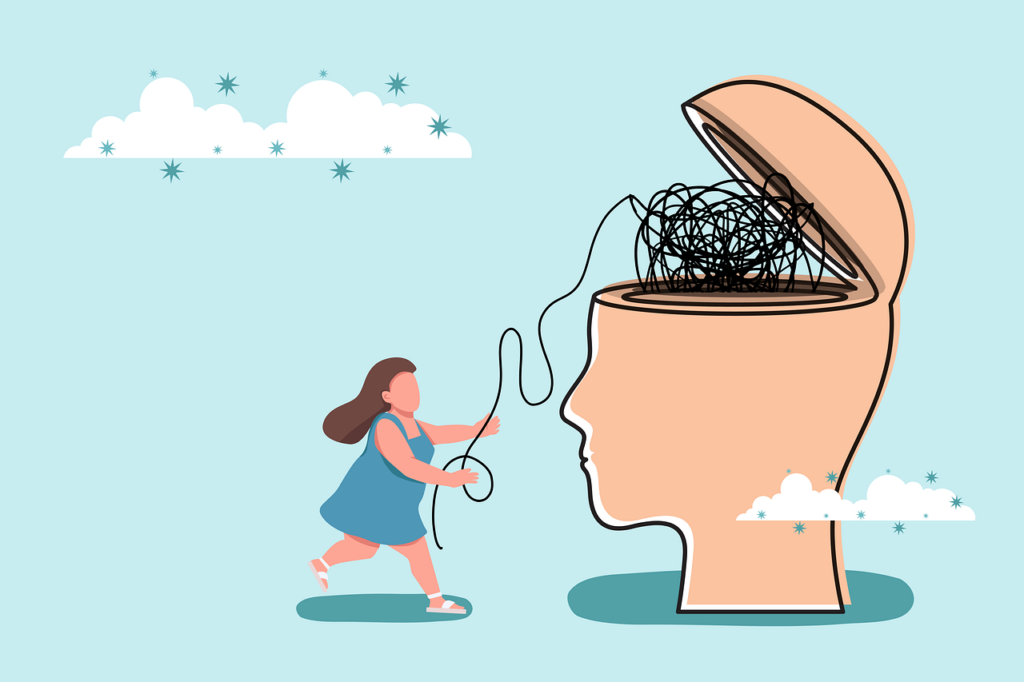
You may have found traits that fit you in the description of each personality style. However, which of these 15 personality styles is prevalent in you and affects your life the most? Take our special Personality Style Test and find out!
If you want the oryginal IDR Labs Personality Style Test – click here!